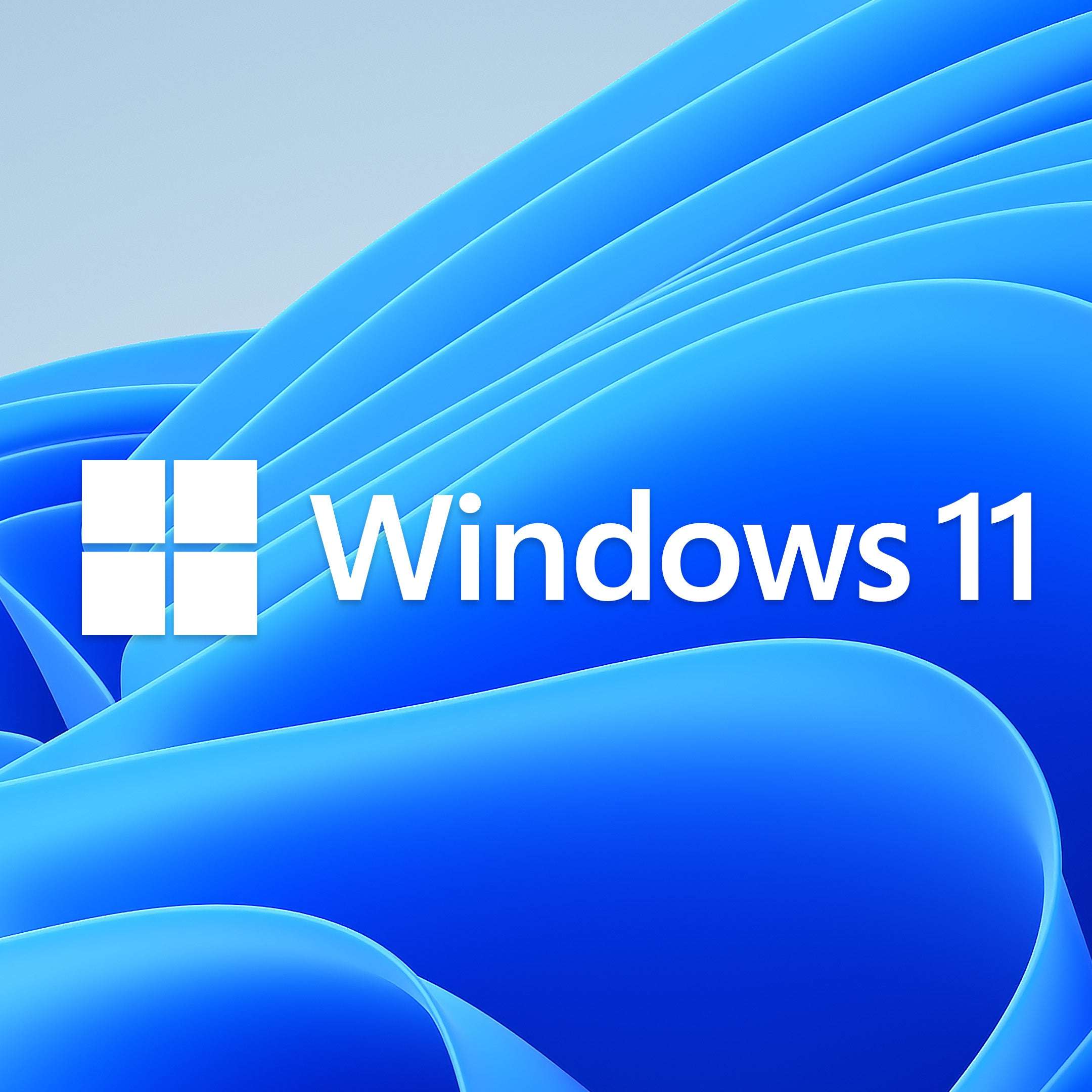
Visits: 1
Introduction
Google Chrome is one of the most popular web browsers, known for its speed and functionality. However, users occasionally encounter the “Google Chrome Is Out of Memory” error, which can disrupt their browsing experience. If you’re facing this issue on Windows 11, don’t worry! In this blog post, we will explore effective solutions to resolve the “Google Chrome Is Out of Memory” error and restore smooth browsing on your Windows 11 system.
Solution 1: Update Google Chrome
Outdated versions of Google Chrome may have memory management issues that can lead to the “out of memory” error. To fix this, ensure that you have the latest version of Chrome installed on your Windows 11 computer. Here’s how:
- Open Google Chrome.
- Click on the three-dot menu icon in the top-right corner.
- Go to “Help” and select “About Google Chrome.”
- Chrome will automatically check for updates and install them if available.
- Restart Chrome after the update completes.
Solution 2: Clear Chrome Cache and Cookies
Over time, accumulated cache and cookies in Google Chrome can consume a significant amount of memory, potentially leading to the “out of memory” error. Clearing the cache and cookies can help resolve this issue. Follow these steps:
- Open Google Chrome.
- Click on the three-dot menu icon and go to “Settings.”
- In the Settings tab, scroll down and click on “Advanced” to expand additional options.
- Under the “Privacy and security” section, click on “Clear browsing data.”
- Select the desired time range (e.g., “All time”) and check the boxes for “Cookies and other site data” and “Cached images and files.”
- Click on the “Clear data” button to remove the selected items.
- Restart Chrome and check if the error persists.
Solution 3: Disable Chrome Extensions
Extensions can significantly enhance your browsing experience, but some poorly optimized or conflicting extensions can consume excessive memory, leading to the “out of memory” error. Temporarily disabling extensions can help identify the problematic one. Here’s how:
- Open Google Chrome.
- Click on the three-dot menu icon and go to “More tools” > “Extensions.”
- Disable all extensions by toggling the blue switch beside each extension.
- Restart Chrome and check if the error still occurs.
- If the error disappears, enable the extensions one by one and check which one triggers the issue.
- Once you identify the problematic extension, consider removing it or finding an updated version.
Solution 4: Increase Virtual Memory Allocation
In some cases, the default virtual memory allocation on your Windows 11 system may be insufficient for Google Chrome to function properly. You can manually increase the virtual memory allocation. Here’s how:
- Press the Windows key + X and select “System.”
- In the System window, click on “Advanced system settings” on the left side.
- In the System Properties window, go to the “Advanced” tab and click on the “Settings” button under the “Performance” section.
- In the Performance Options window, go to the “Advanced” tab and click on the “Change” button under the “Virtual memory” section.
- Uncheck the “Automatically manage paging file size for all drives” option.
- Select your system drive (usually C:) and choose the “Custom size” option.
- Set an initial size and maximum size for the virtual memory (recommended size: 1.5 times your RAM, but you can adjust according to your system’s needs).
- Click on “Set” and then “OK” to save the changes.
- Restart your computer for the new virtual memory settings to take effect.
Conclusion
Encountering the “Google Chrome Is Out of Memory” error on Windows 11 can be frustrating, but with these solutions, you can troubleshoot and resolve the issue effectively. Updating Google Chrome, clearing cache and cookies, disabling conflicting extensions, and adjusting virtual memory allocation can help restore smooth browsing and eliminate the memory-related error. Try these solutions one by one and enjoy a seamless browsing experience on Google Chrome.


%20(1).png)


